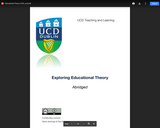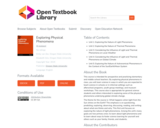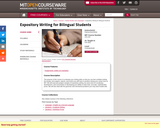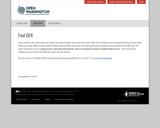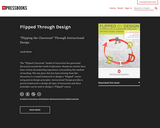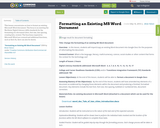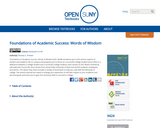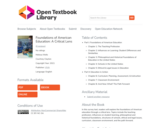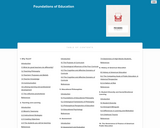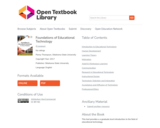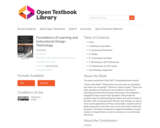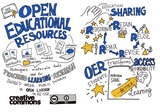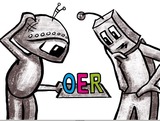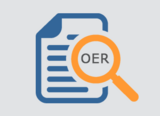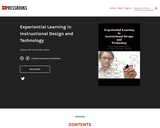
The purpose of this text is to provide students with an introduction to the field of Instructional Design and building upon skills that will help the novice designer become more effective in their professional career. This text will go beyond theory to discuss such topics as recommended skillsets and traits for designers, the importance of cultivating strong communication and leadership skills and how to incorporate emotional intelligence into your wheelhouse of professional skills. In addition, tips on the management of projects as well as the instructional design process will be discussed. In an effort to broaden the concept of the instructional design profession, you will find sections devoted to instructional design in various professional venues, (i.e., consulting, educational {higher education and K-12}).
In the educational realm of instructional design, one current topic among designers is how to incorporate openly licensed material into instructional texts. We will provide a section on open educational resources and licensing to assist you in becoming knowledgeable on best practices and dealing with cutting edge initiatives in the educational world.
Effective instructional designers should be able to speak comfortably in public in various venues whether it is a business meeting, training a small group of individuals, or, presenting at a large conference. For an instructional designer, it is important to hone these leadership skills and prepare yourself for the inevitable public speaking situation. This text will provide information on how to improve upon your public speaking skills.
- Subject:
- Education
- Educational Technology
- Material Type:
- Textbook
- Author:
- Joshua Hill
- Linda Jordan
- Date Added:
- 07/15/2020
